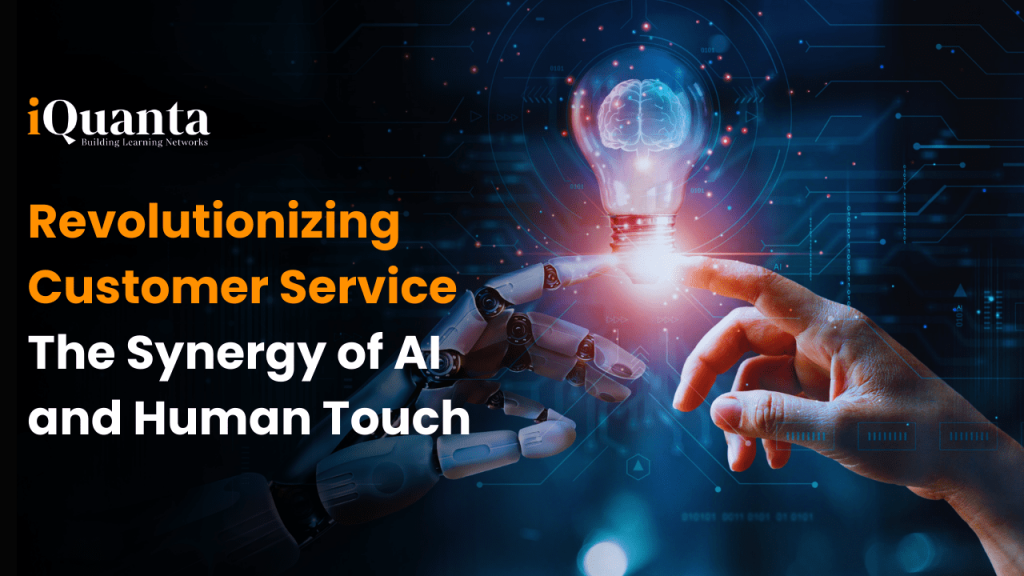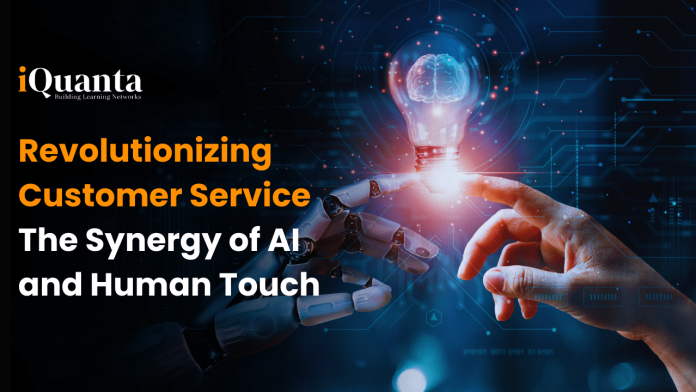
Genre : Technology
Introduction
Artificial Intelligence (AI) has become a game-changer in the constantly changing field of customer service. After integrating AI into their service systems, businesses that previously only used human workers to answer customer inquiries are seeing an increase in customer satisfaction ratings. But rather than replacing people, this change is about using technology to improve the customer experience as a whole. Industry participants are realizing that AI has the ability to automate repetitive operations, freeing up human agents to work on more difficult problems.

The Genesis of HiOperator’s HiQ Platform
A market gap for a customer service system that smoothly integrates back-end automation and generative AI was discovered in 2016 by Liz Tsai ’11, SM ’13. As the CEO and co-founder of HiOperator, Tsai set out to create a platform that offers a special combination of effectiveness and human-like engagement, surpassing the constraints of conventional automated interfaces. Tsai claims that the HiQ platform is a major step forward for AI-based systems since it can automate a variety of operations that were previously performed only by human agents.
Liz Tsai, an MIT trailblazer
Arriving to the Massachusetts Institute of Technology (MIT) at the age of 15, Tsai’s early experiences there shaped her path into entrepreneurship and AI-driven customer service. Tsai, who has a strong interest in mathematics and science, chose to major in both mechanical engineering and materials science and engineering. She also minored in biological engineering and political science. Her time at a financial firm sparked her entrepreneurial spirit and prepared her for her future pursuits.
Redefining Automation in Customer Service with the HiQ Platform
Tsai notes that while other customer support products leverage AI to increase human efficiency, HiOperator’s HiQ platform goes above and beyond automation. HiQ, in contrast to its competitors, automates almost all of the tasks performed by customer support agents, including processing returns, creating messages with customers, and resetting passwords. Using generative AI, the platform generates responses that mimic a discussion with an extremely intelligent human agent.
AI and Human Cooperativeness
Tsai imagines a collaborative future where AI improves service industry production and changes routine chores, defying concerns that AI would replace human occupations. With the introduction of the HiQ platform, companies who previously relied exclusively on human agents are witnessing an improvement in customer satisfaction. Tsai emphasizes that the intention is not to eradicate human agents but rather to enable them to take on more complex problems, such handling health and safety issues for a food industry.
Customer Service’s Future
The HiQ platform represents a paradigm shift in the dynamics of customer service as it gains traction. The combination of artificial intelligence and human interaction creates opportunities for more rewarding and engaging work in the service sector. Tsai emphasizes that AI has the ability to improve consumer relations in general, going beyond simple efficiency.
Conclusion
HiOperator’s HiQ platform serves as an excellent example of how AI has been used into customer service, demonstrating the revolutionary potential of technology. Liz Tsai is a prime example of creativity and a dedication to improving customer experiences. She went from MIT to the forefront of AI-driven customer service. The combination of AI and human touch shows promise as businesses navigate this changing environment, not only for improving processes but also for completely rethinking what customer service is.

